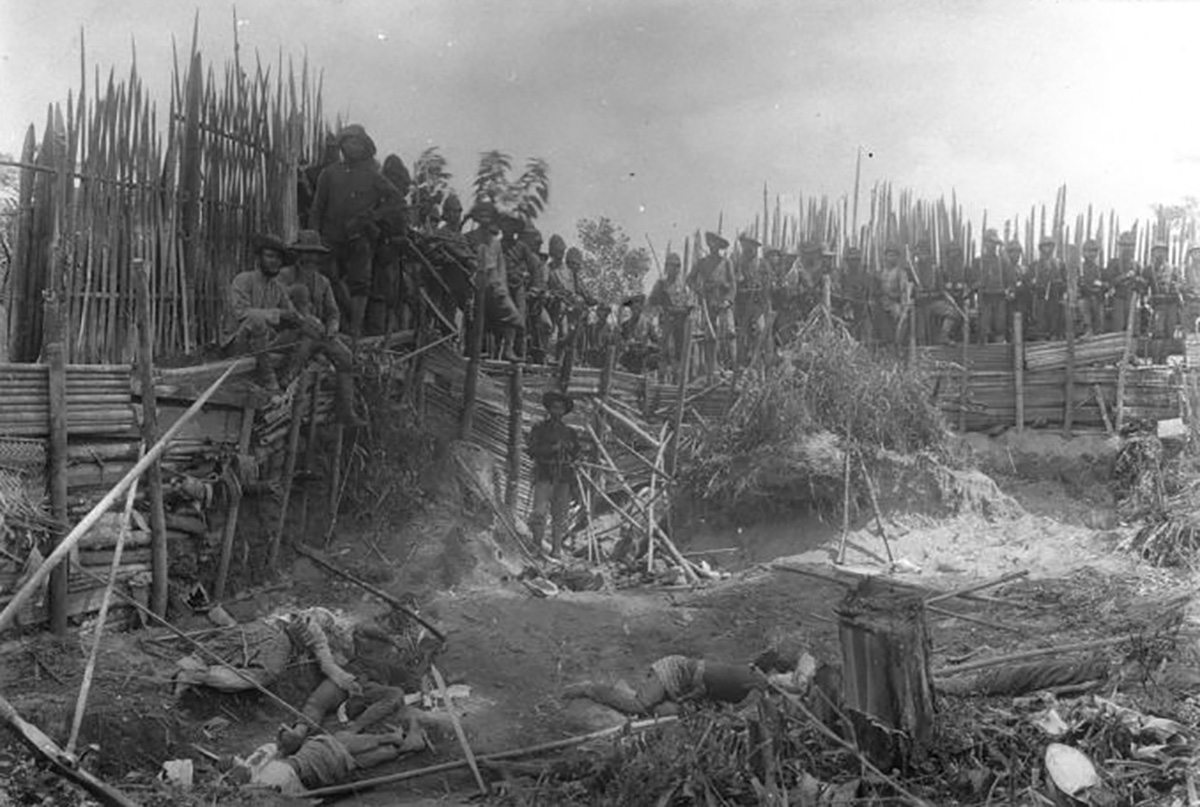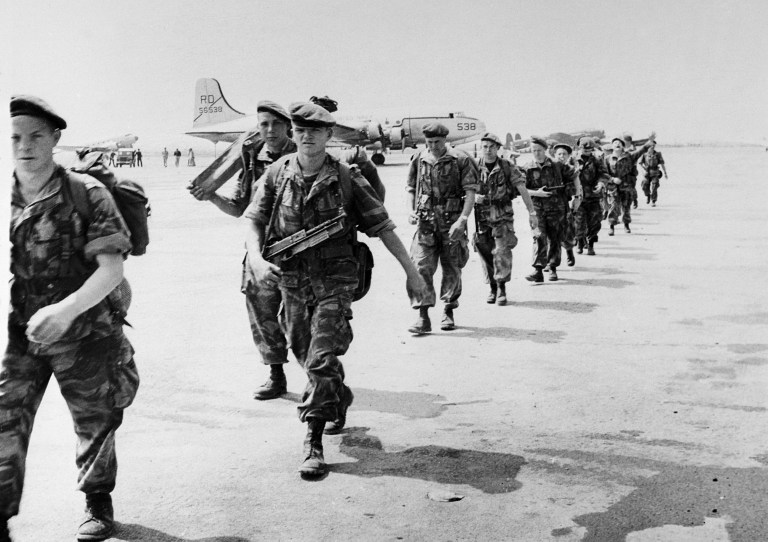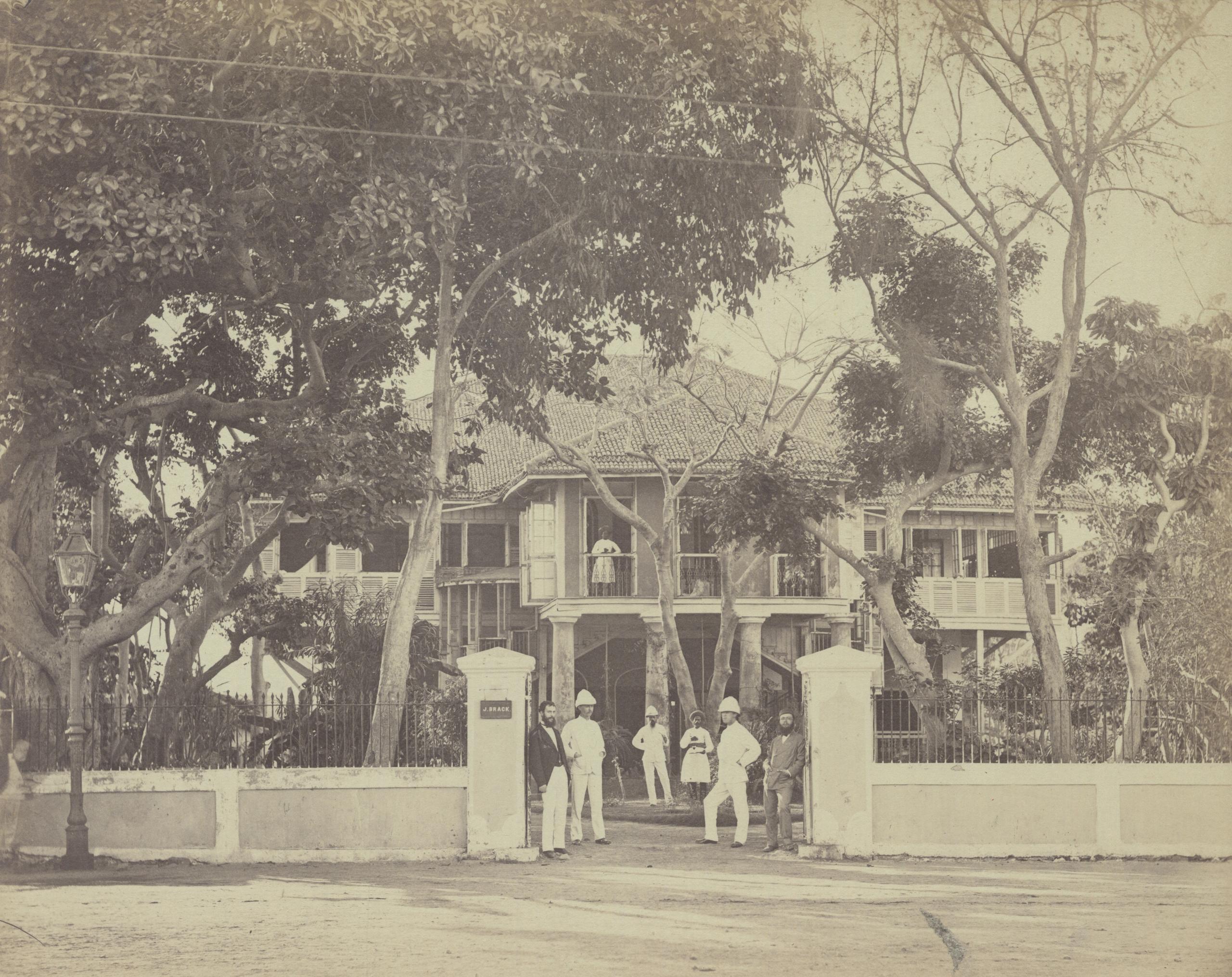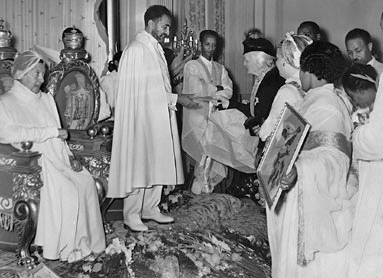Swiss mercenaries helped spread colonialism in faraway lands

In the 19th century, young Swiss men from modest backgrounds helped do some of the dirty work of foreign colonial forces in Asia and Africa. While the role of Swiss mercenaries in Europe is well known, researchers have now uncovered documents that tell us more about their exploits in exotic lands.
After a hard day’s work on the farm 19-year-old Thomas Suter* (*fictional character) from a village in Emmental is ready to head to the tavern for a drink. There is a buzz in the air. Everyone is talking about Jürg Keller* who left the neighbouring village last year to join the Dutch Colonial Army (Koninklijk Nederlandsch-Indisch Leger or KNIL).
Recently Keller had sent a letter from Lombok in the Dutch East Indies (present day Indonesia) to his family complaining of the heat, food and natives. It was all very exotic and exciting for Suter and the other tavern-goers who were used to a simple life working in the fields or grazing cattle. Some of the young men secretly hoped to emulate Keller and leave the sleepy valley, abandoning their predictable lives to become mercenaries in tropical lands.
All they had to do was wait for an illegal recruiter – the federal authorities were not keen on Swiss serving foreign powers – to make his rounds in their valley. They would be taken along the Rhine river to Harderwijk in the Netherlands where the KNIL recruitment office was based. Once in Harderwijk, they could stay at the Hotel Helvetia or Café Suisse run by former Swiss mercenaries who would also help them complete the recruitment formalities for a fee. Then it was off by ship to the Dutch East Indies where they would remain for at least six years.

Boxes of documents
“To them the colonies appeared like a place of opportunity that would enable them to climb the social ladder and live the dream of a bourgeois life,” Philipp Krauer, researcher on the History of the Modern WorldExternal link at the Zurich Federal Institute of Technology (ETHZ) told swissinfo.ch.
Krauer and his colleagues recently got their hands on 20 boxes of documents in the federal archives pertaining to mercenary life in the Dutch Colonial Army that had been untouched so far. While the role of Swiss mercenaries in Europe is well known, not much information exists on their exploits in exotic lands.
In the second half of the 19th century hiring mercenaries became unfashionable in Europe, but young Swiss men always had the option to fight on behalf of colonial powers further afield. From 1815 to the First World War around 8,000 Swiss mercenaries joined the Dutch colonial army in Indonesia and at one point they made up 10% of the European force. It is also estimated that 40,000 joined the French Foreign Legion between 1830 to 1960 taking part in skirmishes in North Africa and Vietnam.
Wretched Switzerland
According to Krauer, Switzerland was one of the poorest European countries in the mid-19th century. Until the end of the 1880s it was country of net emigration. At the time the Swiss government was giving loans to people to emigrate to the US or South America, so letting restless young men from modest families leave for a mercenary life was seen as a cost-effective policy.
“Many politicians and law enforcement officials knew about illegal recruitment of mercenaries on Swiss soil but they turned a blind eye. They felt that it was better for undesirables and the poor to be out of the country than cause civil unrest,” Krauer told swissinfo.ch.
However, it was not just economic dire straits that drove Swiss men to join colonial armies. Many wanted a more adventurous life.
“I read a letter from a mercenary to his mother where he mentions that every time he saw the train pass his village he got this longing to go away. He couldn’t stand the thought of staying in the little village and becoming a farmer like his father and grandfather,” says Krauer.

Folk tales on mercenary life also romanticised the lifestyle of those who dared take the plunge. Gottfried Keller, one of the most famous Swiss authors of the mid-19th century, wrote about a young boy who left home to join the British East India company in India and later the French Foreign Legion in North Africa where he became a colonel, killed a lion, and got rich.
The Swiss were welcomed in the Dutch Colonial Army, as most had already done basic military training. They were also regarded as good marksmen. On the other hand, their reputation took a dive after a Swiss mutiny in 1860 in Semarang because of dissatisfaction with working conditions in Indonesia.
Hard life
Arriving in Indonesia was a shock to the system, especially the tropical climate. They spent the first three months in training and had little contact with Europeans outside the barracks. Diseases like malaria and cholera were a major threat, especially until the availability of tropical medicine.
“Before the availability of quinine in the 1850s most of them died within the first three months from tropical diseases,” says Krauer.
Everyday life was quite boring. They had to exercise a lot and train to handle their rifle. Diary entries show that they looked forward to leaving the barracks for patrols on the plantations. Their presence helped create a regime of fear among the locals and ensured that plantation workers were diligent.
The staple food was rice and they drank mostly Jenever Dutch gin, as beer had to be imported. They were allowed to have concubines and even start a family with them.
However, the mercenaries were required to be merciless when the time came. The biggest conflict they were involved in was the Aceh war which lasted for almost 40 years (began in 1873). Around 8,000 to 10,000 soldiers were deployed in northern Sumatra at the time.
Swiss mercenaries were also part of special units that patrolled the archipelago and subjugated local leaders through scorched earth tactics. Retaliation was especially severe when some of their own comrades were killed in an ambush or in battle.
“Thousands of enemies have been killed, their homes and other possessions have been set on fire, the Radja of Lombok has been captured and most rival leaders have been transported to another world,” states a letter from mercenary Emil Häfeli to the father of his deceased compatriot Egloff in 1895.

Descendants of survivors of such special squads on the Indonesian island of Flores told anthropologists of how they survived in a cave under the bodies of their kin. There was no distinction between civilians and combatants by colonial army soldiers.
“In Switzerland the International Committee of the Red Cross was already in existence and there were discussions at the time about how to wage ethical wars. But in Indonesia the Swiss – along with other Europeans and locals – were committing massacres in northern Sumatra, Aceh, Flores and other islands,” says Krauer.
Return home
The mercenaries were allowed to return only after they had served a minimum of six years in Indonesia. They could not run away as they were surrounded by the ocean.
“They had to pay CHF2,000, a huge amount in those days, if they wanted to leave before completing six years of service. They also had to provide a substitute,” says Krauer.
They could not save much money but received an annual pension after 12 years of service worth at least CHF200 (up to CHF2,000). But they were not welcomed home as heroes because mercenaries had a bad reputation among the populace in the 19th century. It was not viewed as a good thing to serve another country during the wave of nationalism in the young nation state. There was also a fear that they would bring back bad habits, as they were seen as morally corrupted.
Many had trauma from the massacres they participated in and could not reintegrate into society. They also faced opposition when they wanted to bring their concubines and children to Switzerland.
Unlike the Swiss merchants and missionaries who participated in the colonial enterprise, the mercenaries did not leave large traces in the form of books or museums filled with exotic objects. However, they did have a significant impact in terms of influencing the Swiss attitude towards foreigners.
“Their descriptions of natives in their letters helped spread stereotypes of other races in the small valleys and villages of Switzerland. Some of these stereotypes still exists today,” says Krauer.
For a long time it was not really clear if the Swiss were allowed to engage in mercenary activity. This grey zone helped perpetuate the phenomenon all the way up to the Second World War.
With the creation of the modern Swiss nation state in 1848 the constitution prohibited contracts by Swiss officials with other parties like the French and Italian kings. This meant local authorities could not make arrangements to supply Swiss troops to foreign armies. However, individuals could still join of their own accord.
A few years later, the promotion of mercenary work and recruitment on Swiss soil was also prohibited.
In 1859 a new law forbade the entry into “non-national troops” but the definition was fuzzy because the Dutch insisted that their colonial army was part of their national one.
Only in 1928 did the military code make it explicitly clear that a Swiss citizen could not serve in any foreign army. However, people continued to join the French Foreign Legion.

In compliance with the JTI standards
More: SWI swissinfo.ch certified by the Journalism Trust Initiative












You can find an overview of ongoing debates with our journalists here . Please join us!
If you want to start a conversation about a topic raised in this article or want to report factual errors, email us at english@swissinfo.ch.